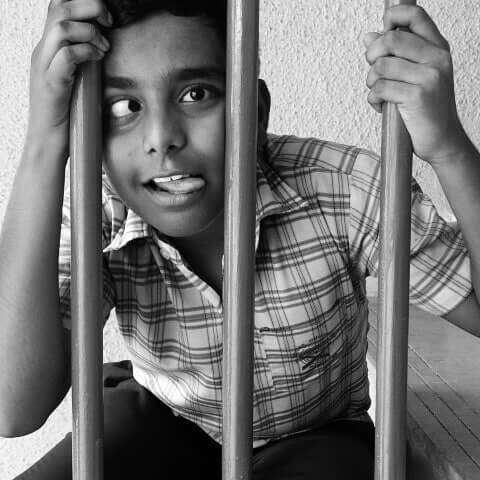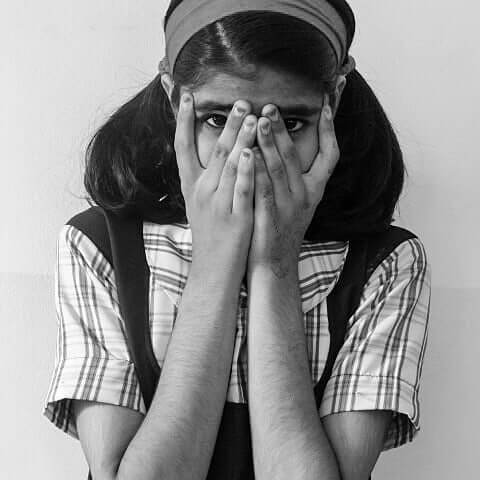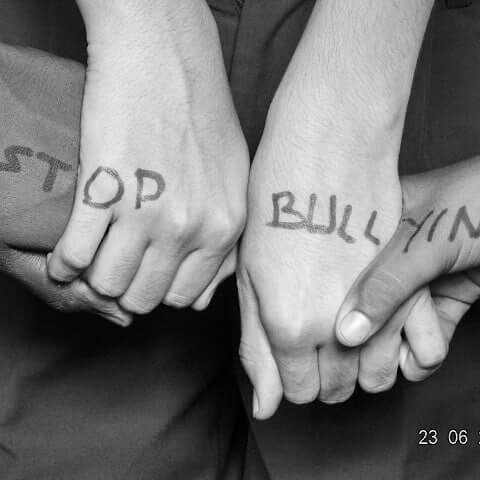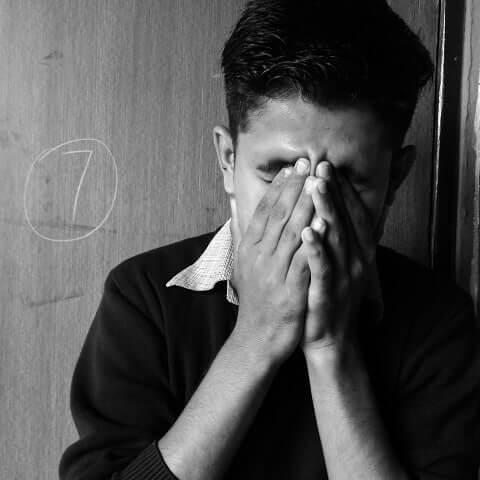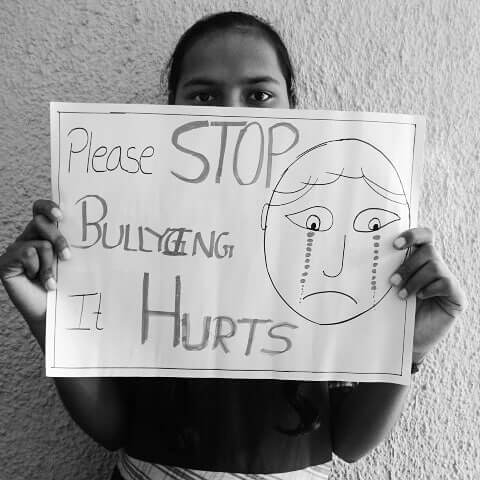Power – Purpose – Peace
The Peaceful Warriors (PW) program works in partnership with community schools, with a focus on empowering children who come from difficult and disadvantaged backgrounds battling issues of identity, gender, sexuality and mental health.
The program takes a Social-Emotional Learning (SEL) approach to engaging with at-risk children, meeting them where they are developmentally. We prioritise listening to them – their concerns, their questions, and stories about their lives, with respect and without judgement. This spirit of mutual respect has allowed us to initiate discussions around the sensitive topics of sex, consent, bullying and abuse, and around their experiences of fear, insecurity and distress. The breakthroughs we’ve had through these difficult conversations are what truly crown our program.
Our first PW program began with the KC Thackeray Vidya Niketan in Pune in 2015, and expanded to Matoshri English Medium School, also in Pune, in 2018. The program has grown organically in each school, with projects, initiatives and clubs founded within its ambit to address emergent issues and needs.
The PW program comprises of the following modules:
- Stand Tall Against Bullying (STAB)
In 2015, The Red Door was brought in to address a surge in cases of bullying at K.C. Thackeray Vidya Niketan. As we began to interact with both the bullies and their victims, we realised that these were not ‘typical’ instances that could be addressed with ‘typical’ anti-bullying tactics. There was a deeply-embedded environmental context; these children lived in some of the most dire straits imaginable. We knew that to truly delve into what appeared on the surface as ‘bullying’ would be akin to opening Pandora’s box. But we took the call of staying on and fighting alongside our little warriors.
Stand Tall Against Bullying (STAB) was the first of the methods we employed. Designed as a project to sensitise learners about the emotions and experiences that prompt bullying, about alternative outlets for these emotions and the destructive impact of bullying on the mental health of victims, STAB has been hearteningly successful in cultivating empathy and self-awareness in successive batches of learners. What we’ve learned on this journey is these children were brilliant empaths all along, only needing someone to tell that that they had it in them! - TRD Club
The club sessions usually do not follow a pre-set agenda and unfold according to topics of the learners’ choosing. The sessions offer a safe, non-judgemental and therapeutic space where adults can also share their concerns. Resource-persons also make an appearance at times to interact with our kids. - Girls Support Group
The GSG was initiated by girls from the 8th grade and is facilitated by class teachers who mostly act as observers. It’s a non-intrusive space also open to girls from other grades to share their experiences and offer each other support and solutions. This is where our girls ‘talk it out’. There is also a focus on empowerment through discussions on women’s rights and practical ways of ensuring that these rights are respected. - Boys Support Group
The BSG was initiated by a few 8th grader boys after recognizing a need for a separate group during one of the TRD Club sessions. They drew their inspiration from the existence of the GSG. Some of most important breakthrough moments. - Peaceful Warriors Changemakers(PWC)
PWC are students who are initiated as changemakers, having demonstrated that even when provoked or antagonised, they choose to be better people instead of engaging in violence. Their choices make them who they are. - Mentorship
Students are given opportunities to choose mentors who are either from the school or from among TRD associates. Some are selected to accompany TRD members as assistants, speakers and/or facilitators for our travelling Red Door programs. - Individual Projects
All students initiate their own projects to address social issues that affect that communities directly. Each student is guided through the process, allowing them to make mistakes, build their own solutions and implement their learnings. This is where theory is transformed into practice to make a real impact.

